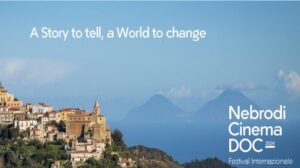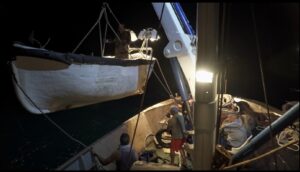Report of a festival that was needed
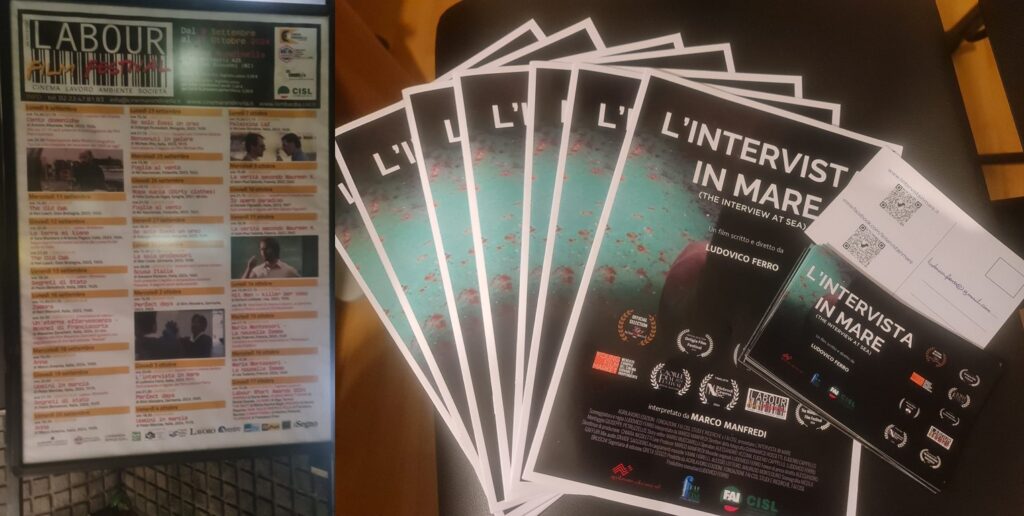
Exactly one week after the special screening in Ortigia on the occasion of the G7 (here is the report), we found ourselves on October 3, 2024 at the Labour film festival on the other side of Italy, 1,500 km further north and far from the sea.
After what happened shortly before the screening in Ortigia and despite the extraordinary things that happened in Ortigia (here we explain everything), our state of mind was not exactly right for the festive atmosphere that makes some festivals very pleasant, but which is also often a distorting and distracting element from the themes and problems that films like L’intervista in mare intend to bring. It is not a question of size or prestige of the festival. Whether it is a small or large festival, it is complicated and difficult to find the right balance between the red carpet, the photos, the awards, the ceremonies and the in-depth analysis and discussion of issues of public interest.
Some festivals by choice and attitude prefer to keep a profile of absolute sobriety. This is undoubtedly the case of the Labour film festival which in 2024 reached its twentieth birthday, making it one of the longest-running festivals in the world dedicated to cinema that talks about work. This festival has in fact renounced the dynamic of competition which remains only for the short film section. The documentary feature film section, called LABOUR.DOC, is in fact a review of independent cinema that takes place in the historic Rondinella cinema in Sesto San Giovanni, Milan.
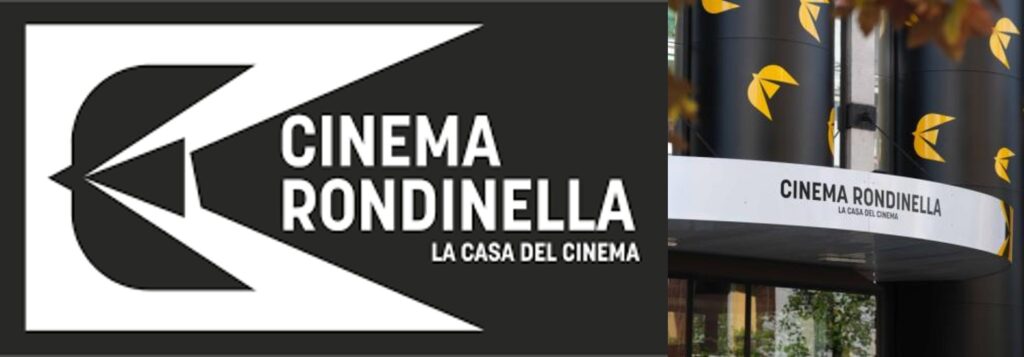
This does not mean that the typical festival atmosphere is not there, on the contrary. The culminating and most beautiful moment was the meeting between the director Ludovico Ferro and the festival director and the audience. These are the moments we prefer at festivals. The ones in which you can talk and explain, you can receive questions and give answers. It does not happen so often and when it happens it is always an important and memorable moment. It can happen that the direction of a thematic festival, like the Labour Film Festival, focuses solely on the message and neglects the part of cinematographic language. This absolutely did not happen in Milan. Instead, we had the opportunity to explain many directorial and production choices, and also, answering a direct question, reveal the main directorial and stylistic references on which the writing and production of L’intervista in mare was based.
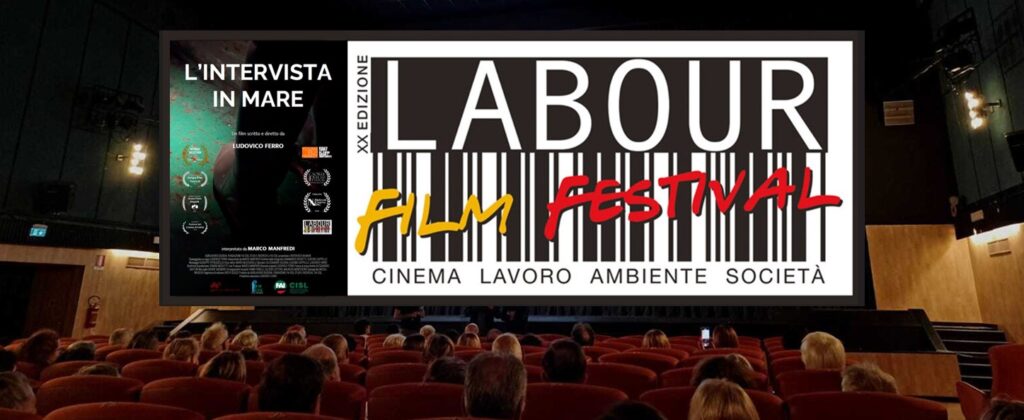
In short, it was the festival that we needed and that we needed precisely at that very particular moment for us. But the Labour Film Festival also represents a type of festival that in general should exist and that is instead very rare for the way in which it is held, and very rare for its theme of reference. You don’t need more than the fingers of one hand to find festivals dedicated to work throughout the world. So we can only wish for many more decades of activity for an event that we feel very close to in many ways and not only because it is promoted and supported by the regional CISL.
